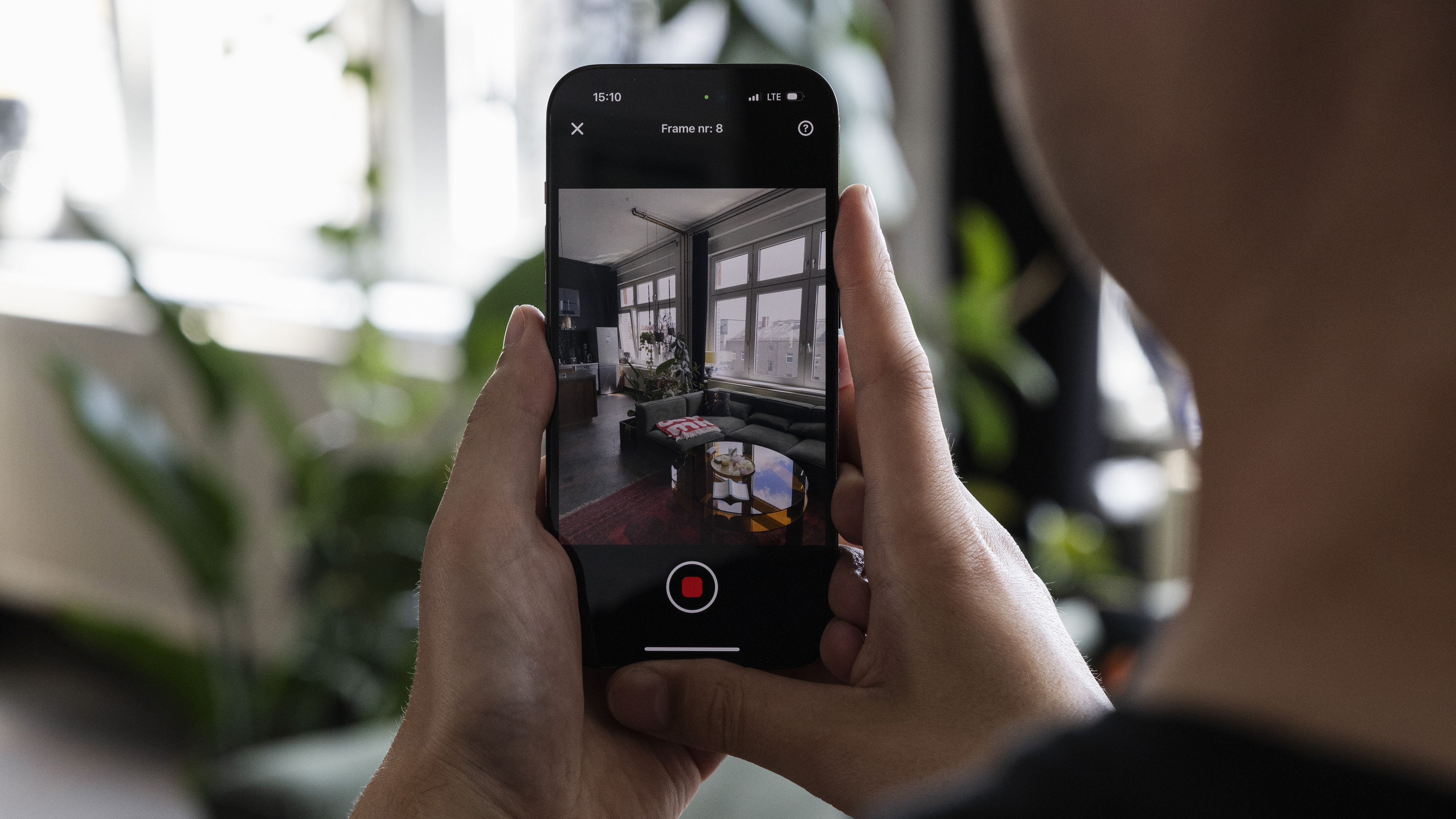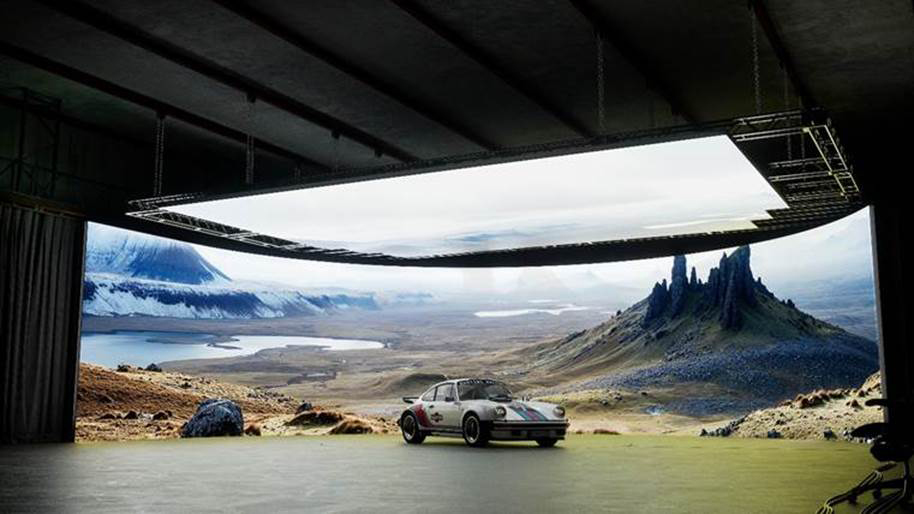Could AI spell an early death for VR cameras? New iPhone app tries to do just that
The Teleport iOS app uses AI rather than tech like LiDAR to create 3D spaces

A new app could make high-resolution virtual reality footage possible with just an iPhone or iPad. Announced on November 25, Teleport by Varjo is a mobile app that uses AI to construct high-resolution 3D scans without specialized equipment. The company claims the app is the first to allow the VR scanning with just a smartphone.
The Teleport app uses generative AI built with NVIDIA GPUs to create virtual reality content from a smartphone. In an interview with Digital Camera World, the company explained that the app uses AI to create a representation from a series of images. The app doesn’t require LiDAR, but iPhones with the technology can use it for enhanced results, Varjo noted.
The app walks users through scanning a location, creating 3D scenes that can then be viewed on a computer, smartphone, or with a virtual reality headset. At launch, the app is available for iPhone and iPad and requires iOS 17 or later.
Unlike Apple’s spatial video, the Teleport photos shared by Varjo allow viewers to move within the space, looking between objects and taking in the room from different viewing angles. Spatial video, on the other hand, captures some depth but leaves the viewer “standing” in the same spot.

According to Varjo, scanning a scene in 3D took around five to ten minutes in beta testing. The company says that 2,000 professionals helped test the beta version of the Teleport app, creating a library of online Teleport scans. The app both reduces the time and complexity involved with full 3D captures, Varjo says, with commercial uses like construction, inspection or training as well as personal applications like saving a view of your wedding venue to relive in VR later.
The scans also allow for measuring the space from the 3D scans, including a rescaling tool for more accurate measurements. The company notes the measuring option isn’t designed for high-precision engineering, but can prove helpful for applications like design.
While the app aims to create a lower entry into the field of VR and 3D scans, the Teleport app requires a subscription that starts at $30 / €24 / AU$ 46. Still, the cost is significantly lower than the price of pro-grade 3D VR cameras, or the cost of Canon’s unique dual optics for the R mount. The app, however, is designed for scanning places, where VR cameras can also capture 3D video.
Get the Digital Camera World Newsletter
The best camera deals, reviews, product advice, and unmissable photography news, direct to your inbox!
While pro-grade VR 3D equipment isn’t new, the growth of the technology has arguably been slow, as the VR headsets that deliver the most full experience are far from as widespread as smartphones and laptops. The high cost of the cameras required for such scans also likely played a role, which means a lower entry point like the Telephoto app could potentially spark some growth.
Not a fan of AI? Find the best 360 cameras, or browse our favorite photography apps. Also check out our guide to the best cameras for real estate photography

With more than a decade of experience reviewing and writing about cameras and technology, Hillary K. Grigonis leads the US coverage for Digital Camera World. Her work has appeared in Business Insider, Digital Trends, Pocket-lint, Rangefinder, The Phoblographer and more.
